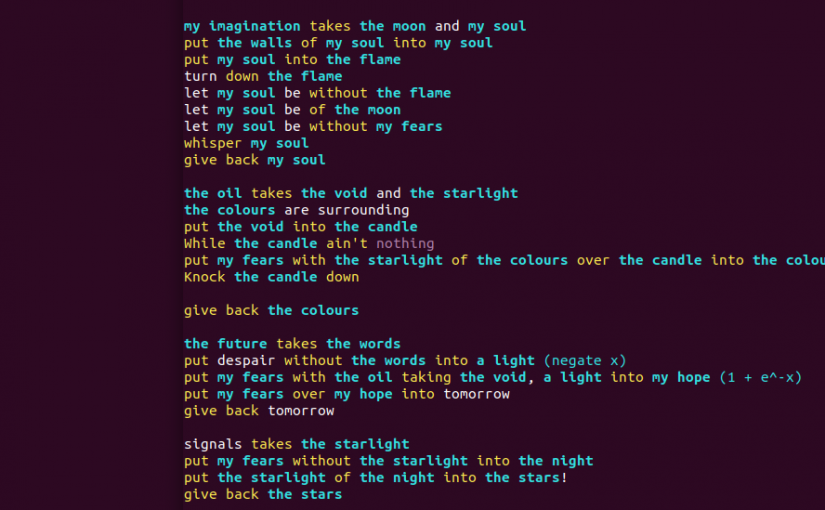Rishi Sunak, the UK Prime Minister, has caused some waves in the past few days with one of his personal pledges that young people should have to study maths until 18. As he said himself in his speech:
“Every opportunity I’ve had in life began with the education I was so fortunate to receive and it’s the single most important reason why I came into politics: to give every child the highest possible standard of education.”
Rishi Sunak, January 2023
While on the surface this may seem like a great idea, critics have been keen to pull apart all the ways that compulsory maths education is either a bad thing (from Simon Pegg’s passionate rant about lack of focus on the arts, many people saying how much they hated maths at school) or simply won’t work (lack of qualified teachers or investment in schools, or even children going to school hungry). All of these criticisms have merit and I’m a big believer in ideas being criticised and pulled apart to get to something that works rather than biased idealism.
Continue reading Maths to 18? Is this the way to make people data literate?

